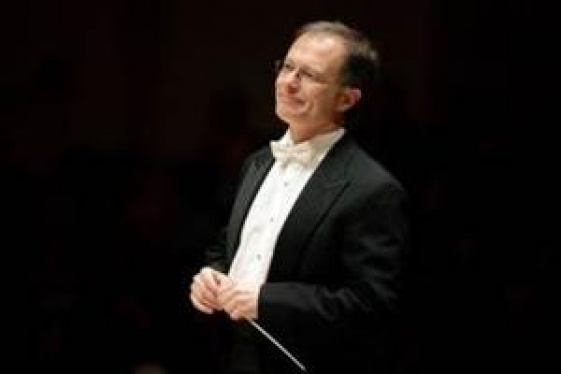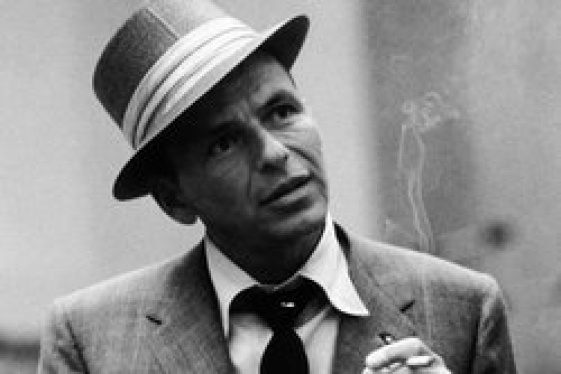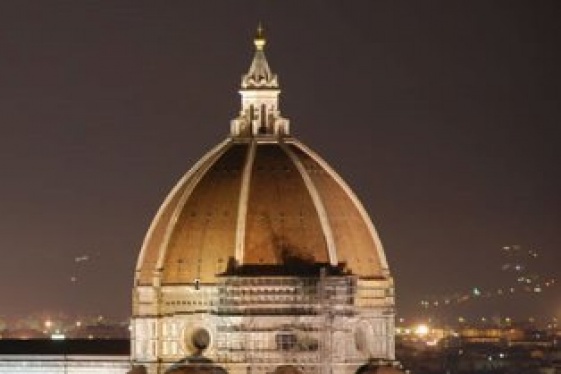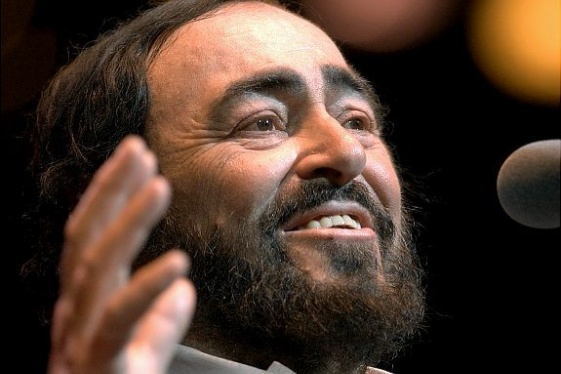

WTI Magazine #81 2016 July 15
Author : Giovanni Verde Translation by:
Widely regarded as one of the fathers of the Italian song writing, Domenico Modugno is one of two Italian artists, along with Renato Carosone, who had the ability to sell records in the United States with songs in the original Italian language. Domenico Modugno was born in Polignano a Mare, Puglia, on January 9, 1928, from Vito Cosimo Modugno and Easter Lorusso. During his adolescence he learns to play the guitar, thanks to the teachings of his father Vito Cosimo, and the accordion, while in 1945 he composes his first two songs, which will never be recorded.
After moving to San Pietro Vernotico, in the province of Brindisi, his tireless theatrical activity begins. However, the country life doesn't suit him, and therefore he decides to move to Turin and then to Rome, where he wins a competition for amateur actors that allows him to enroll in the National Film School, the school for actors. There he meets an aspiring young Sicilian actress, Franca Gandolfi, who later will become his wife on June 26, 1955.
In 1952 the young actor is in a theater play, The Bourgeois Gentleman by Molière. Once obtained the diploma from the Experimental Centre of Cinematography in 1953, Domenico continues to be an extra in a few movies: his dream is to be an actor, even if he continues to perform also as a musician. Meanwhile, he's also a radio star.
Domenico involves Franca Gandolfi and so, in early 1953, he hosts the show "Amuri, amuri" those are the days when begins the legend of Domenico Modugno as a sicilian born: many mistake the Salento dialect of this and other songs for the Sicilian dialect, and the singer, at least at that time, does not deny, attracting the hatred of many Sicilians.
In May 1953 Frank Sinatra is the guest of an Italian radio program, during which Modugno performs "Ninna nanna": Sinatra appreciates very much the song, and asks Modugno a recording of the song. Sinatra will never record that song, but this will serve to raise the interest of the Italian radio and television executives.
Modugno soon becomes one of the protagonists of the Italian and international pop music when triumphs at the 1958 edition of the Sanremo Festival 1958 with Johnny Dorelli. The winning song is "Nel blu dipinto di blu", globally known as "Volare". The lyrics of this masterpiece are written by Modugno together with Franco Migliacci, his partner in several moments of his career, leading to more successful results such as "Addio, addio" (Goodbye, Goodbye), which is translated in 13 languages all over the world.
The Apulian singer so describes the birth of his success in the United States: "In a radio station in Michigan or in Indiana, I can't remember, a gentleman comes with my record and airs it. The day after 2,000 people calls on the phone asking to listen it again, and so he airs it again. The day after, again 2,000 phone calls. The success of "Volare" was thus born.
It is in this period that the Americans nickname him "Mr. Volare", and also his song "Nel blu dipinto di blu" is known by this title, and remains at the top of the US hit parade for thirteen consecutive weeks, a record yet today unsurpassed by any other Italian record.
The man who wrote and performed the most famous Italian song ever, will also be involved in theater, cinema, poetry. He will collaborate with the Nobel prize poet Salvatore Quasimodo, who after knowning Modugno will give him permission to put music in his two poems "Ora che sale il giorno" and "Le morte chitarre".
On August 26, 1993 Domenico (also called Mimmo) sings in Polignano a Mare, his hometown, the last great concert of his career, attended by 70,000 people: it is the "reconciliation with polignanesi" after he spent years delaring himself a Sicilian. During the concert he publicly declares: "I apologize, but with the hunger I had I could have even said I was Japanese!".
Domenico Modugno dies August 6, 1994 in his home in Lampedusa, of a heart attack at the age of 66. A poet of happiness in music, Mimmo once said: "The song is a moment of great happiness. I disagree with inner torments. They are useless. I want to sing happiness: even if it does not exist, I want to delude myself that it exists, I have to believe it does".
You may be interested
-
Cathedral of St. John the Divine, Oratorio S...
For the first time ever, The Cathedral of St. John the Divine, in collaboration with the O...
-
Frank Sinatra 100th Anniversary Celebration
Hoboken’s favorite son, Frank Sinatra, continues to evoke images of the good life nearly 1...
-
Holiday Concert with Micheal Castaldo and Ma...
The Mattatuck Museum (144 West Main St. Waterbury, CT 06702) is pleased to celebrate...
-
Italian Guitarist Roberto Fabbri to Perform...
For the final performance of his spring solo tour, Italian classical guitarist Roberto Fab...
-
Lecture and Concert that bring Italy to New...
Saturday, february 28 - 7 pm ESTChrist & Saint Stephen's Church - 120 W 69th St,...
-
Met Guild to Honor Licia Albanese & Carlo Be...
Summer saw the passing of two of opera's most iconic figures: Licia Albanese, at the age o...
-
New York Italians Movie Night: "C'eravamo ta...
Dear Friends, New York Italians in collaboration with Fordham University, Department...
-
Pavarotti. Il mondo di Big Luciano. Anteprim...
Il mondo di Luciano Pavarotti e la sua grande carriera di cantante lirico rivivranno il 23...










